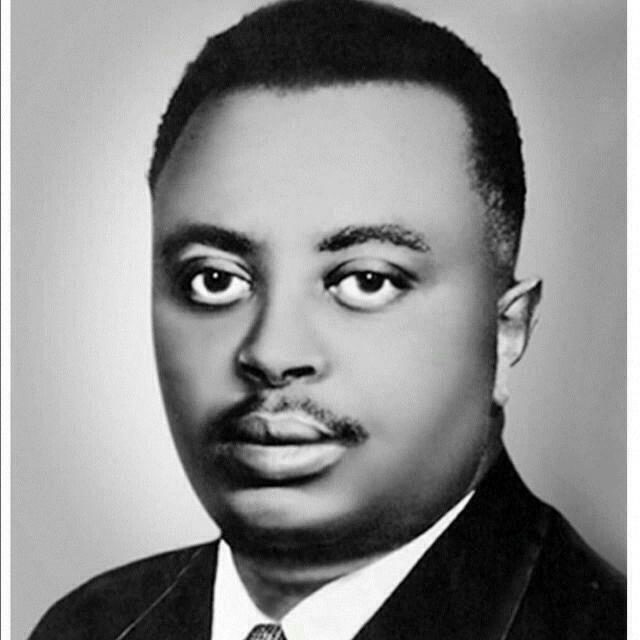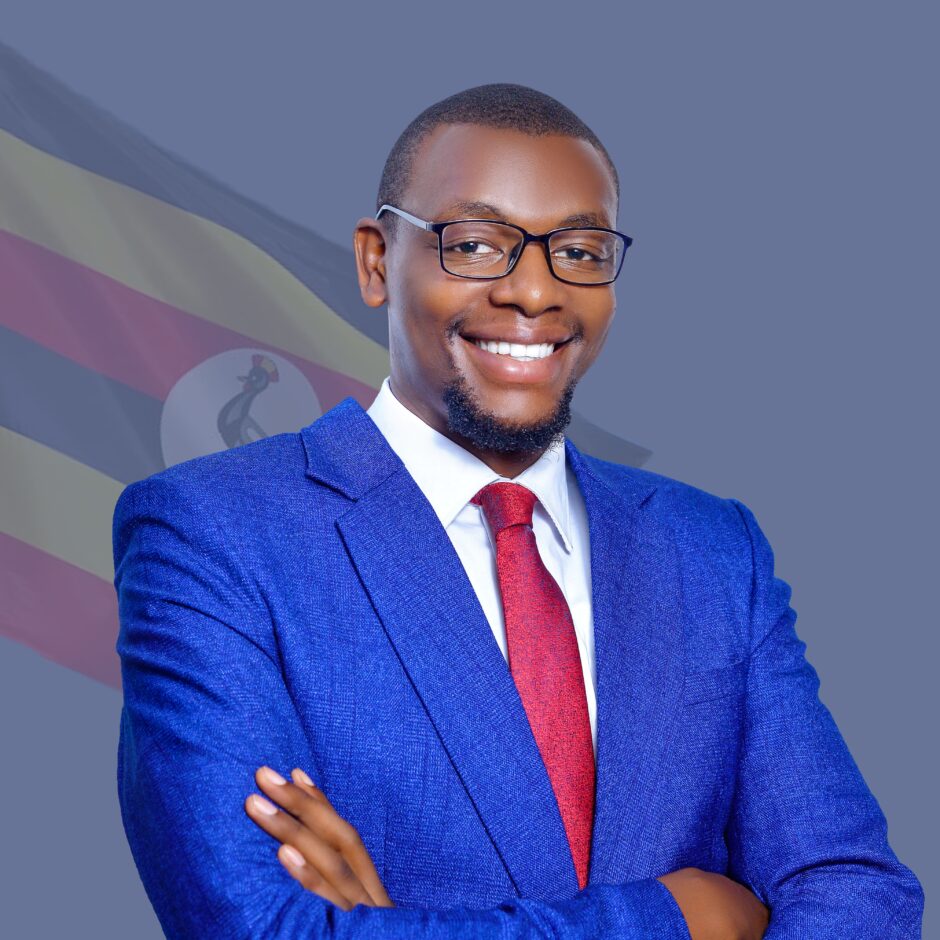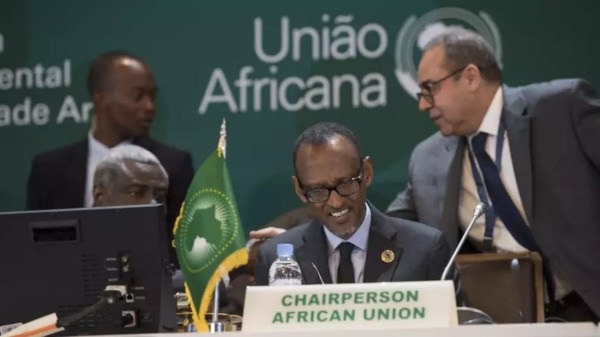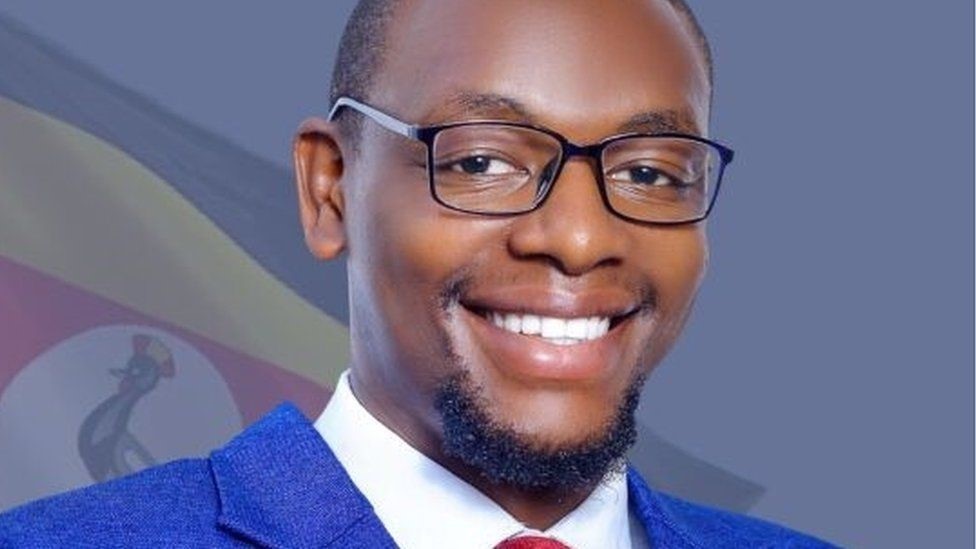Regional
A peek into the maneuvers to change Uganda’s constitution
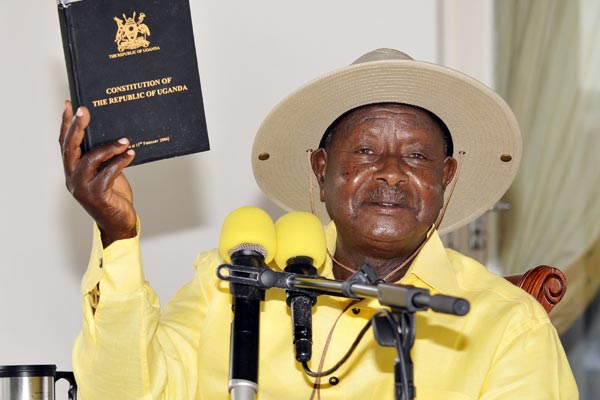
It caused a buzz
in different Ugandan and regional news outlets but the recent proposal to
change the Ugandan constitution so as to elect the president through a parliamentary
vote did not come as a surprise to many.
Political watchers
see this as a manipulation by President Yoweri Museveni and his NRM stooges to
help him cling to power despite his dwindling popularity and growing senility.
In last year’s
general elections, Uganda’s ruling National Resistance Movement (NRM) got its
toughest experience of all times. It lost its populous central Uganda base to
youthful musician-cum-politician Robert Kyagulanyi and his National Unity
Platform.
For Museveni,
the experience from last year’s election is that even with his machinations –
including intimidating, killing, jailing or bribing opposition politicians – as
he tries to impose himself on Ugandans, are no longer tenable.
Add the fact
that during the next general elections, in 2026, he will be 81 and this
explains why Museveni is in overdrive, trying to manipulate the system to
ensure he does not have to face the people during the campaigns.
No wonder, for
the President, the only plausible option is to impose a parliamentary vote for
the presidency, rather than through universal adult suffrage such that he is
voted by acclamation.
Other analysts
see this as another way for Museveni to secure a back-door entry for his son,
Gen. Muhoozi Kainerugaba, to succeed him, a fact that he has not made any
effort to hide.
So what does the
new political and constitutional manoeuver reveal? Firstly, like
mentioned above, there is no chance that Museveni would win an election through
adult suffrage, even with his known machinations. The same applies for his son,
whose wanting intellectual capacity has been on full display through his
incoherent tweets.
The opinion of
Ugandans on the future of their nation occupies the backseat in the political
equation and all other considerations of Museveni and his inner circle. His
only obsession is to rule Uganda until his death.
Secondly, the
proposal that the next president of Uganda should be elected by the country’s
parliament, suggests that for Museveni and his advisory council – largely
composed of his family members – the easiest challenge of it all would be to
focus all the efforts on instigating a short cut to his big political
ambitions, where he knows the NRM commands majority in parliament hence making
it easier for him to bribe some opposition lawmakers to vote for him, or for
his son, than bringing the whole country.
He draws such a
choice from the constitutional amendment on age limit where he bribed MPs and
all went through swiftly. Before then, he had used the taxpayers’ money to
bribe the legislators to remove the term limits that had earlier been capped to
two five-year terms.
However, the
question that Museveni and the NRM are failing and have always failed to ask
themselves is what the Ugandan people think of their undertakings.
Even with these
machinations, Museveni ought to know that he cannot impose himself on a
population that he has brutalized for more than 40 years. Eventually, people will
use all means available to do away with him.
The NRM, in
trying to sell a man who has outlived his sale-by date, has been left a shell.
In the place of men who were full of ideals and love for their country, it is
now a home for sycophantic opportunists who will cheer on the king, even when
dancing naked.
As we await to
see new developments in this regard, one thing is key to note; the people,
whether underestimated or not, are the most important factor of all changes and
political maneuvers.
Museveni has
forgotten the power of the people in any revolution, and he needs to be
reminded about it, by the Ugandan people.


